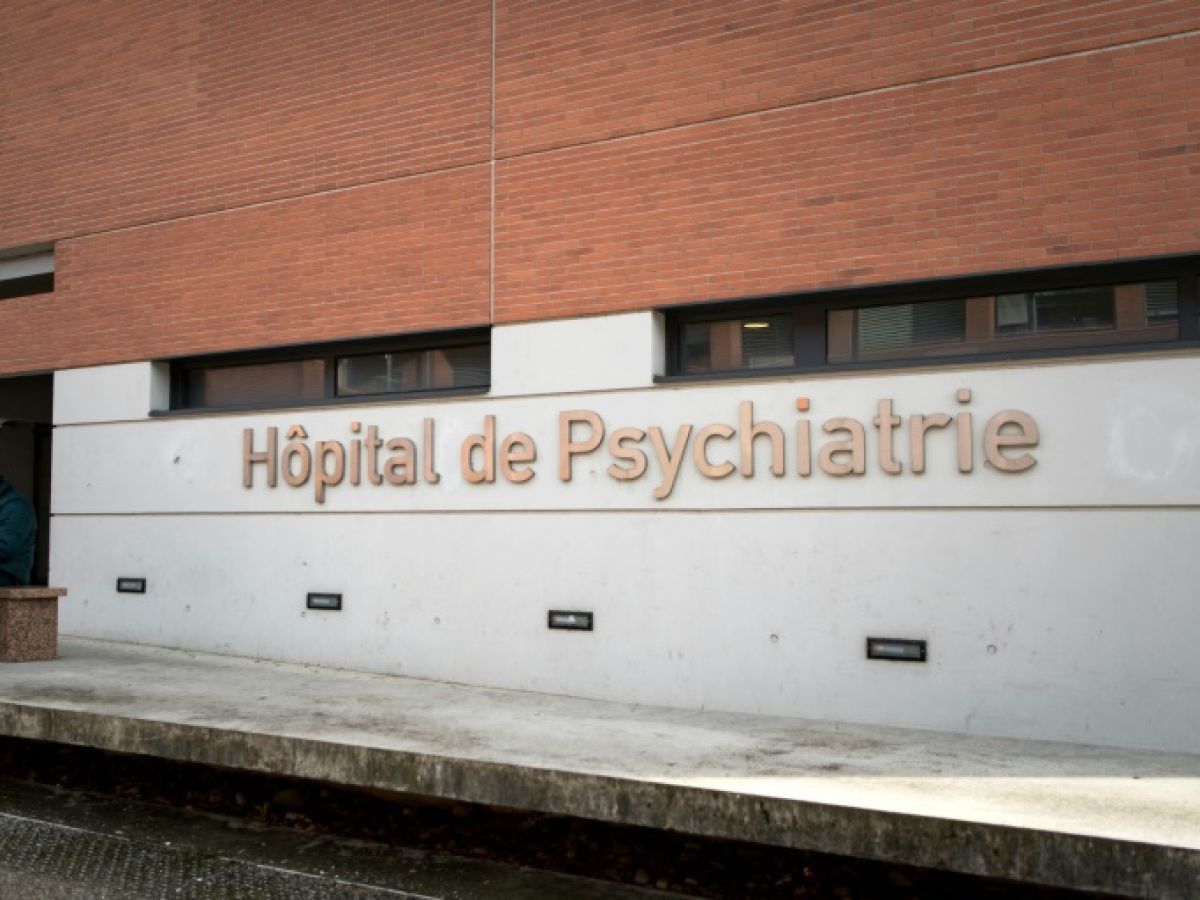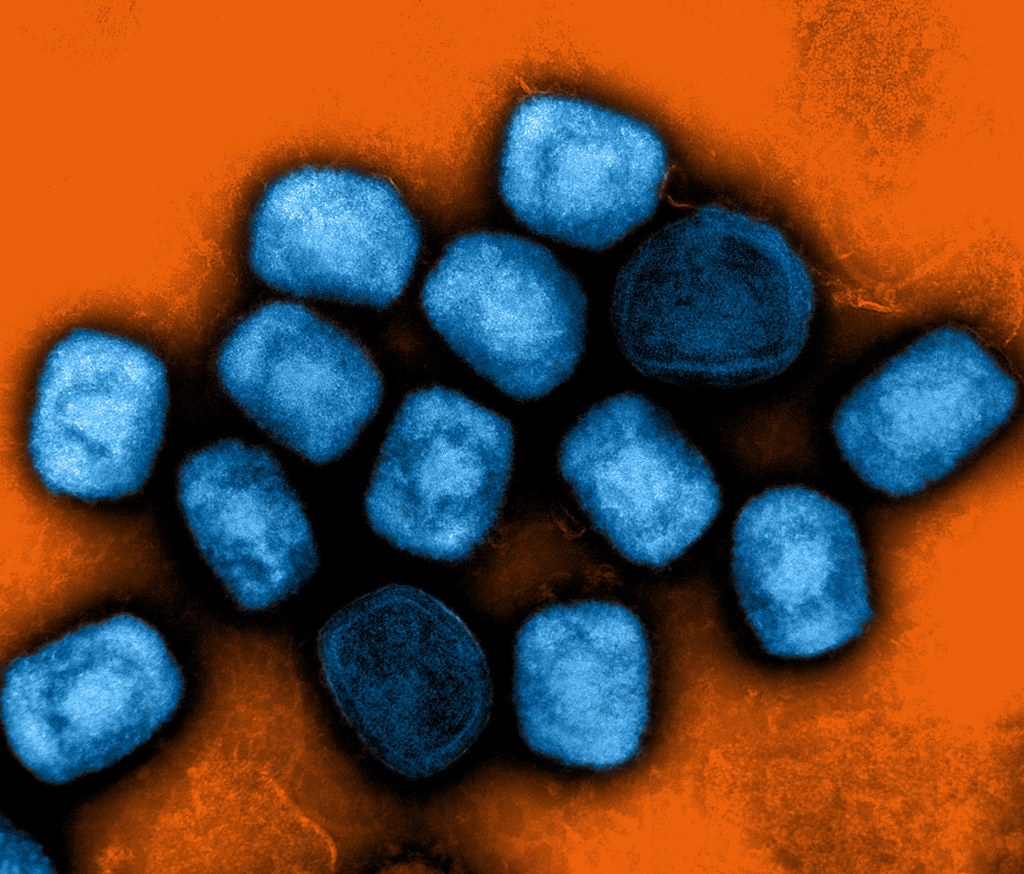Poor access, lack of resources, territorial inequalities, fundamental rights flouted: the National Ethics Committee warns of the crisis in psychiatry and urgently calls for a large-scale plan in France, where mental health is the "major national cause" for 2025.
How can we explain the "extremely disturbing paradox" of a multiplication of alarms and "a form of trivialization, even denial of an extremely serious situation on the ground", asked Professor Angèle Consoli, member of the National Consultative Ethics Committee (CCNE), during a press conference on Monday.
This child and adolescent psychiatrist, who has worked for 20 years at the Parisian hospital of La Pitié-Salpêtrière, is one of the rapporteurs of an opinion published by this advisory body, entitled "Ethical issues relating to the crisis in psychiatry: an alert".
Psychiatric disorders affect around one in five French people during their lifetime. The Covid pandemic has highlighted but also accentuated the deterioration of mental health, particularly among young people.
While it "welcomes with satisfaction" the choice of mental health as a major national cause, the ethics committee, which brings together doctors, scientists, lawyers and philosophers, calls for "a psychiatry plan", the most affected field.
"People in distress need rapid and effective responses; as do health professionals, who are tired and worried," emphasizes the CCNE, which points out in particular "a catastrophic situation" for child and adolescent psychiatry, especially for young people in Child Welfare Services.
"For the past ten years, more than twenty reports have denounced the difficulties of care, access to care, sometimes mistreatment, in particular restraint - many of which are linked to staff shortages", but without "a strong political response", added Sophie Crozier, hospital neurologist and co-rapporteur.
There have been “small advances since the psychiatry conference in 2021, but this is not reflected on the ground,” she said.
As recently as December, a report, co-led by Macronist MP Nicole Dubré-Chirat and environmentalist Sandrine Rousseau, expressed alarm at the state of psychiatry and called in particular for an end to the closure of public hospital beds.
– Change vision –
For the ethics committee, the urgent need is to "focus efforts as a priority on public infrastructures, which support the most serious and complex situations of suffering, but remain faced with the most critical financial and organizational challenges."
In the hospital, "in 40 years, we have closed 60% of beds" for an outpatient shift not compensated by other admissions, noted Professor Consoli.
As a result, "the emergency rooms, which are saturated, are often the place where care begins: the first meeting sometimes takes place in extremely difficult, even undignified conditions... when you remain attached to the emergency room while waiting to be admitted to a hospital department."
“Guaranteeing equitable access to decent psychiatric care” is one of the three priorities, according to the CCNE.
Improving reception in all care settings (including prisons), stopping the hospitalization of minors in adult psychiatric services, strengthening care teams and better layout of premises to reduce the use of isolation and restraint, and patient/caregiver ratios are among the suggested avenues.

Other recommendations: improve the working conditions of psychiatric professionals and coordination between caregivers.
The response to the crisis, "is a question of means, but not only," stressed the president of the CCNE, Professor Jean-François Delfraissy. "It is also the vision of other disciplines on psychiatry and patients, and the vision of society that must change, as was the case for cancer patients," he added.
To "fight against the stigmatization and exclusion of people living with psychiatric disorders", the committee calls for combating stereotypes and the assimilation of certain pathologies to forms of violence and dangerousness, or even supporting certain structures (peer support associations - mutual aid between patients -, families, etc.).
Finally, it calls for strengthening the training of caregivers, including general practitioners and nurses, and research in all disciplines that shed light on psychiatric care, without neglecting those "sometimes neglected" (epidemiology, clinical research, human and social sciences).


